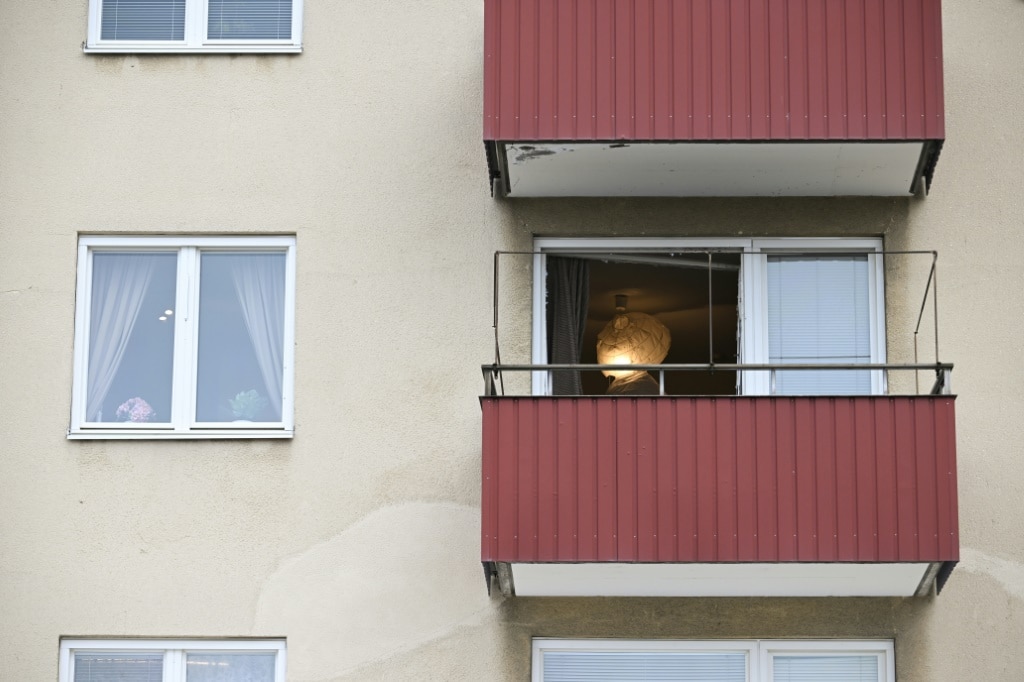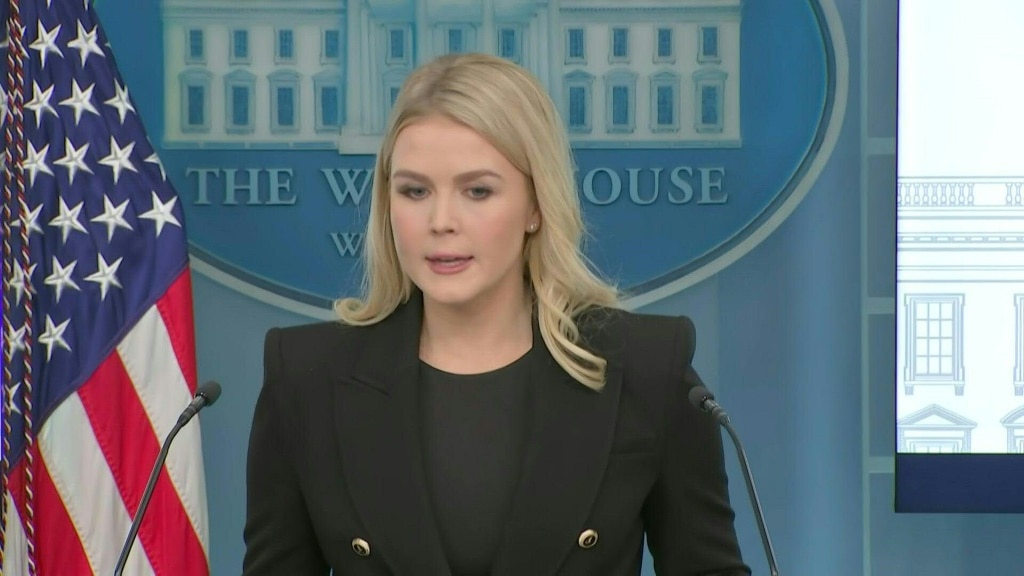Business blasted for ‘big Australia’ push amid housing crisis
A leading business group has been criticised for justifying a higher migration intake as Australia faces its worst housing crisis in decades.

Breaking News
Don't miss out on the headlines from Breaking News. Followed categories will be added to My News.
The business lobby has been met with fierce resistance over its attempts to “bust the big Australia myth”, amid accusations migration has aggravated the nation’s chronic housing shortage.
Releasing a paper on migration reform on Thursday, the Business Council cautioned that major changes are needed to unblock the country’s immigration pipeline and that “slow or complex migration systems” are holding the nation back.
The lobby group’s paper also seeks to shut down claims the post-pandemic migration influx was to blame for the nation’s housing crisis, claiming the issue was instead one of poor policy and planning.
“Governments must act to fix this problem, rather than using migration as a scapegoat for poor planning,” the paper argues.
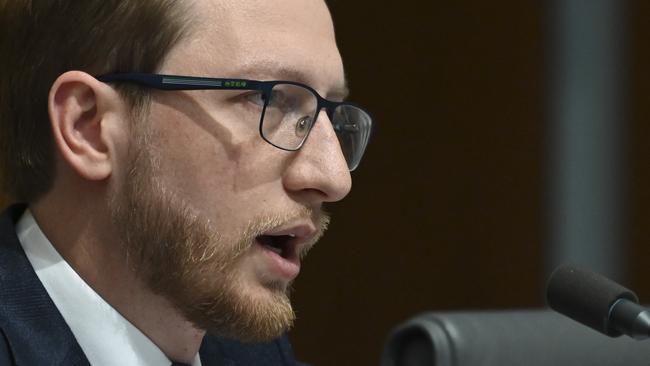
But the BCA’s warning has been slammed by the Coalition, with opposition spokesman for home affairs, Liberal senator James Paterson, labelling the group’s intervention as “tone deaf”.
“The pace and the rate of migration is absolutely a legitimate issue for public debate; and the impact that has on services into our community is also very legitimate, particularly housing,” senator Paterson said.
“For the business community to just dismiss the impacts of that on people’s rent, on people’s mortgages, on their ability to get in the housing market, is dangerously out of touch.
“I think they have to recognise that we are not providing enough housing to Australians, and we need to get on with that task if we want to make sure we can welcome migrants.”
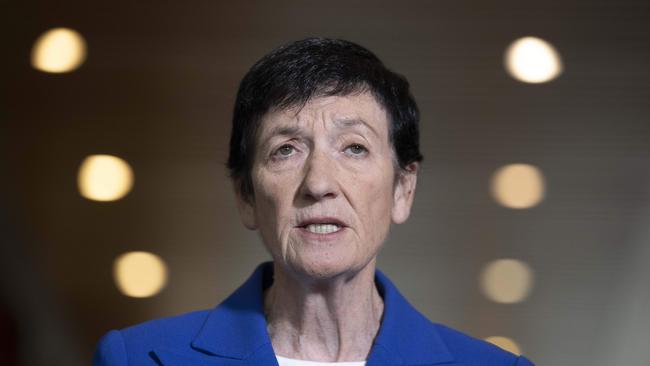
The BCA’s report argues the migration intake, which is forecasted to see 1.24 million more migrants arrive in Australia by mid-2026, reflects a “rebalancing” after Australia’s international borders were slammed shut during the COVID-19 pandemic.
“Some have characterised this as a “big Australia policy”, but this is a totally disingenuous
representation of the nation’s migration and population story,” the BCA’s report stated.
“Today, Australia’s population is estimated to be over 375,000 people below the forecast prior to the pandemic. Even by the end of the decade, the population is still expected to be 225,000 short of the pre-pandemic projection for that same period.”
The paper also notes that record housing shortfalls have not been driven by migration, nor is reducing migration the solution to this problem.
“New housing supply growth has been falling since 2016-17, particularly in terms of new apartments and other medium density dwellings,” the report reads.
“Poor performing planning systems and restrictive zoning are significantly impacting the delivery of new housing supply.”
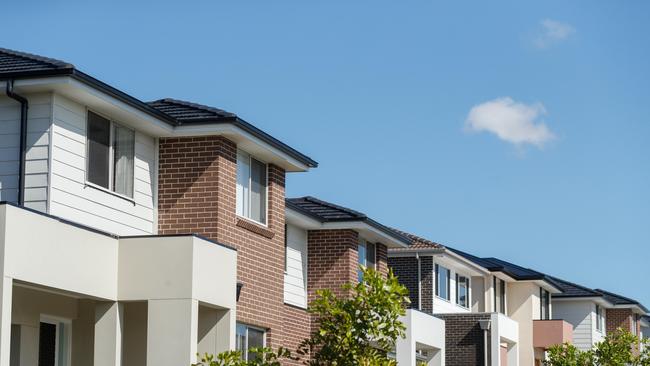
Debate over Australia’s migration intake has been drawn into sharp focus in recent weeks as the government faces a Senate deadlock over its Housing Australia Future Fund (HAFF) legislation.
If legislated, the $10bn HAFF would spend at least $500 million a year to build new affordable housing with the government planning to build 30,000 dwellings in the next five years.
The Greens are opposed to the bill in its current form, saying the prime minister must go further by doubling rental assistance, building 225,000 low-rent public houses over a decade and co-ordinating a national rent freeze with the states and territories.
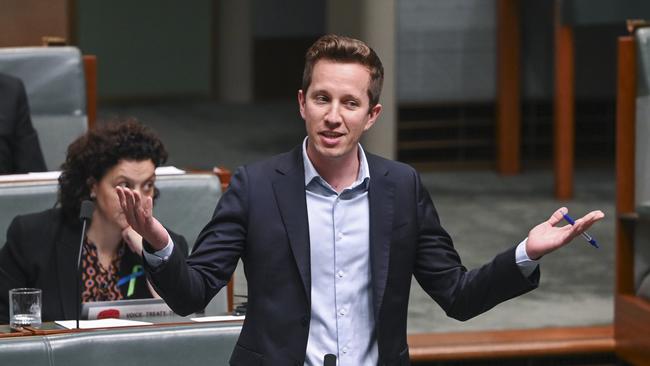
The proposal is expected to cost $69bn over the next decade, according to modelling by the Parliamentary Budget Office.
National cabinet will meet in Brisbane next Wednesday to progress discussions on housing supply and renters’ rights.
“The national housing accord is really critical. That is about land release and it’s about zoning and it’s … making sure we increase supply because that is what will make the big difference,” the prime minister told Question Time on Wednesday.
“I’m confident that next week we will have some really good results and outcomes.”
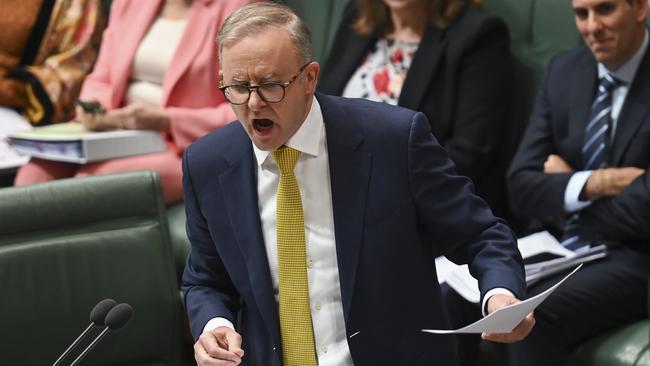
But co-ordinated agreement on rental freezes already appears doomed as Labor governments in NSW and WA ruled out the Greens’ demands.
The BCA’s push against “Big Australia” rhetoric coincides with the government’s efforts to reform Australia’s immigration processes, led by Home Affairs Minister Claire O’Neil, who labelled it as “fundamentally broken” in April when releasing a review into the system.
Following the review, the government announced the development of a Migration Strategy to be released later this year, with accompanying legislation to follow.
The most controversial elements of the proposed changes are expected to be around the salary threshold for a new highly-paid permanent skilled visa, changes to workplace mobility rules for sponsored visa holders, and unions’ role in forming labour agreements in the essential worker stream, for example in the aged-care sector.
Originally published as Business blasted for ‘big Australia’ push amid housing crisis

